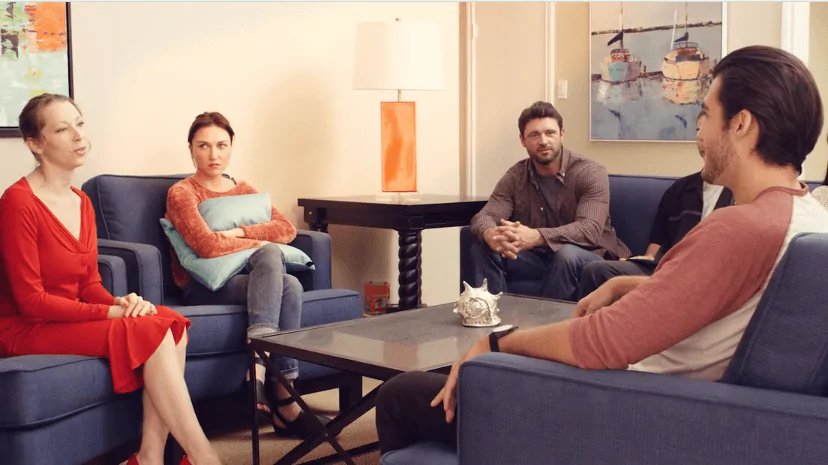24/7 Helpline:
(866) 899-221924/7 Helpline:
(866) 899-2219
Learn more about OCD Treatment centers in Pagosa Springs
OCD Treatment in Other Cities

Other Insurance Options

Evernorth

Magellan Health

Covered California

State Farm

Sutter

Aetna

Access to Recovery (ATR) Voucher

Optima

United Health Care

Lucent

Molina Healthcare

WellCare Health Plans

Premera

Excellus

Sliding scale payment assistance

MVP Healthcare

AllWell

Cigna

Multiplan

Health Choice

Pagosa Recovery Center
Pagosa Recovery Center is a private rehab located in Pagosa Springs, Colorado. Pagosa Recovery Cente...





















